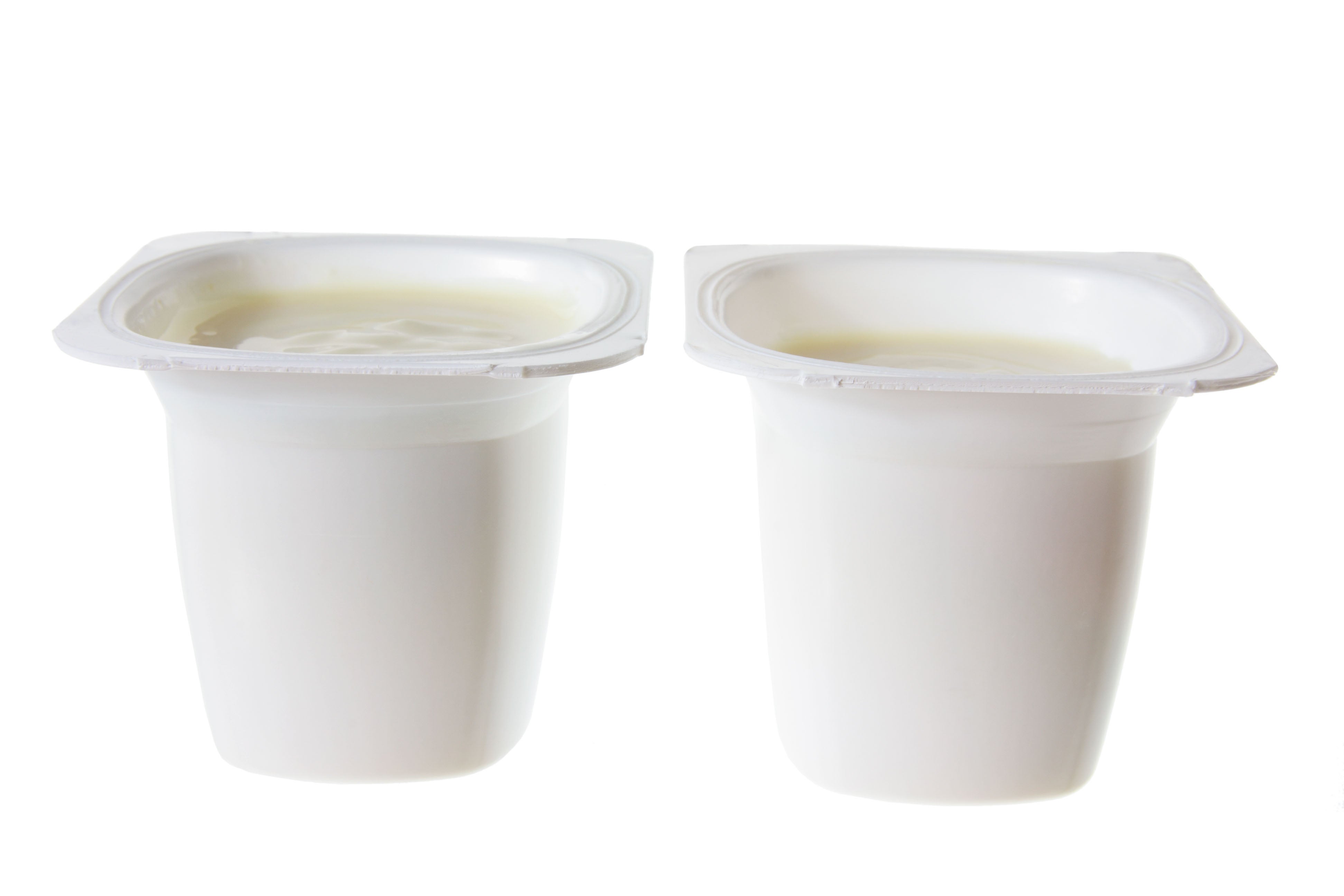
A glass of milk a day cuts the risk of bowel cancer by almost a fifth, according to the largest study of its kind.
Researchers from the University of Oxford say they have found the strongest evidence yet that calcium protects against the deadly disease.
The team also discovered that having the equivalent of a glass of wine every day increases the risk of bowel cancer by 15%.
Experts responded to the study by saying people should have a balanced diet, maintain a healthy weight, and stop smoking to lower their risk of bowel cancer, which affects more than 44,000 people each year in the UK.
Bowel cancer is one of the most common cancers affecting people in the UK, which is why it’s so vital that we know how to prevent it
Data shows that one in 20 women and one in 17 men in the UK will be diagnosed with bowel cancer in their lifetime.
More than half of cases are preventable, with 13% caused by eating processed meat and 11% caused by overweight and obesity.
The latest research, published in the journal Nature Communications, looked at 97 dietary factors and their impact on bowel cancer risk among 542,778 women taking part in the Million Women Study.
Over a follow-up of almost 17 years, some 12,251 women developed bowel cancer, with calcium and alcohol having the strongest effect on changing bowel cancer risk from all the dietary factors studied.
The researchers found that, on average, an extra 300mg of calcium per day – equivalent to a large 240ml glass of milk or a couple of pots of yoghurt – led to a 17% decrease in the risk of bowel cancer.
People would reap this benefit even if they usually consumed no calcium at all, or they could derive extra benefit from adding more calcium to their usual intake.
The study found that calcium had a similar effect on cancer risk from both dairy and non-dairy sources, suggesting it was calcium itself that was the main factor responsible for cutting risk. It did not examine the impact of calcium supplements.
The researchers said calcium from milk (including in tea and coffee), yoghurt, vegetables and other sources all counted, but the link for cheese and ice-cream was not made clear in the study.
They suggested there was no obvious reason why cheese and ice-cream would not count – it may just be that people in the study did not consume much of either.
The researchers also found that 20g of alcohol a day (equivalent to around a medium glass of wine or a pint of beer) increases the risk of bowel cancer by 15%.
The study also backed up previous findings that processed and red meat raises the risk of bowel cancer, with 30g more per day linked to an 8% increase in risk.

Sophia Lowes, senior health information manager at Cancer Research UK, which funded the study, said: “Bowel cancer is one of the most common cancers affecting people in the UK, which is why it’s so vital that we know how to prevent it.
“Maintaining a healthy, balanced diet, alongside keeping a healthy weight and stopping smoking, is one of the best ways to lower your risk of bowel cancer.
“This includes cutting down on alcohol and red and processed meat, and eating lots of fruit, vegetables and wholegrains.
“Dairy products like milk can also be part of a diet which reduces bowel cancer risk.
“We look forward to further research, including into the effects of specific ingredients like calcium, to ensure fewer people are impacted by this devastating disease.”
The lead researcher of the study, Dr Keren Papier, said further research is needed, but added: “This is the most comprehensive single study ever conducted into the relationship between diet and bowel cancer, and it highlights the protective role of calcium in the development of this disease.”
The researchers suggested the protective role of calcium may relate to its ability to bind to bile acids and free fatty acids in part of the bowel, cutting their effects in driving cancer.
Experimental work in rats has also shown that having higher levels of dietary calcium could help protect the structure of the bowel, they suggested.
They further said there is no reason why men should not reap the same benefits as women from calcium, with previous studies involving men suggesting similar effects of dairy on reducing bowel cancer risk.
In the UK, one alcohol unit is the equivalent of 8g of alcohol.
Making lifestyle changes can be a challenge, but we believe it’s worth the effort
Dr Lisa Wilde, director of research and external affairs at Bowel Cancer UK, said: “Every 12 minutes someone in the UK is diagnosed with bowel cancer, making it the fourth most common cancer in the country.
“This study shows that drinking dairy milk can help reduce your bowel cancer risk.
“However, it is the calcium in milk that is important. If you don’t drink dairy milk there are other ways you can get calcium, for example from broccoli or tofu, and still reduce your bowel cancer risk.
“Other changes you can make to help reduce your risk of developing bowel cancer include eating plenty of fibre from wholegrains, pulses, fruits, and vegetables, avoiding processed meat and limiting red meat, being a healthy body weight, taking part in regular physical activity, stopping smoking, and cutting down on alcohol.
“Making lifestyle changes can be a challenge, but we believe it’s worth the effort.”
Dr Helen Croker, assistant director of research and policy at the World Cancer Research Fund, said: “This new research reinforces how important diet is when considering cancer risk, especially given low public awareness surrounding factors such as alcohol consumption.”
Tom Sanders, professor emeritus of nutrition and dietetics at King’s College London (KCL), said: “The take home messages of this are that drinking above the safe limits of alcohol intake (more than 14 units/week) increases risk of colorectal cancer in women but that drinking about half a pint of cows’ milk a day (which would provide about 300mg calcium) is probably protective.”







